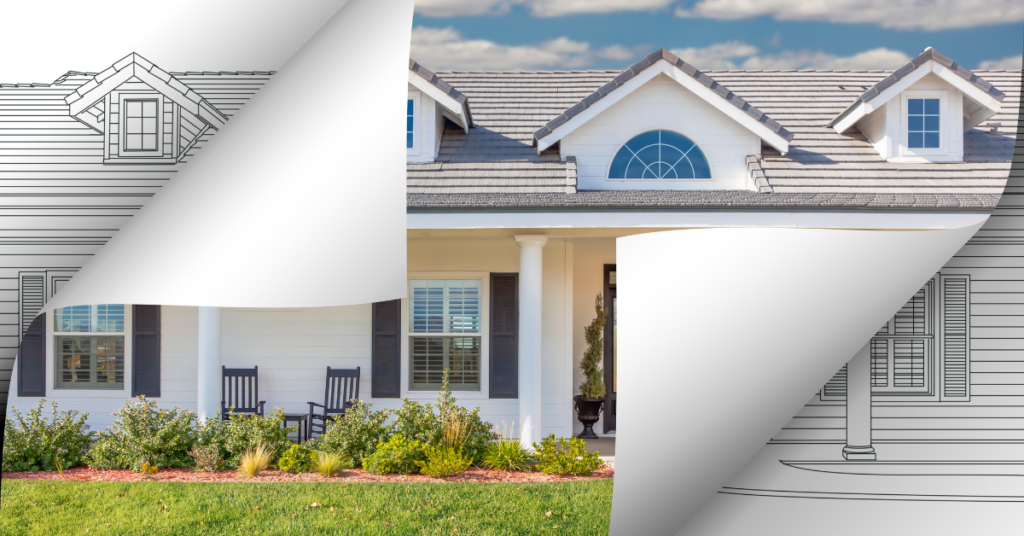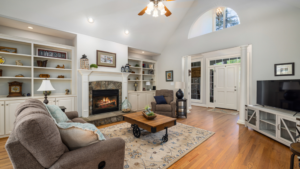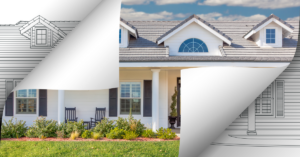
Dear Claire: What is House Flipping?
Unveiling the Realities of House Flipping: Is It Right for You?
First, I can tell you that house flipping is only for a select group of people. I don’t want a layperson thinking that flipping a house is a good idea.
What does flipping a house mean? It means that instead of buying a property and holding onto it as your residence or renting it to tenants, your intention is to buy it, fix it up, and then turn around and sell it. In a perfect world, that typically happens within six months, sometimes less. A lot of the time it depends on you being able to do some of the work on the home. And most of the time, people that I see doing a flip are people who have a construction license or are contractors, and they can do some of the comps. If you’re interested in this data, I’m happy to share it.
Usually what you’ll find is that home improvements cost more than the value they add to the property. Let me give you an example. Let’s say you want to remodel your kitchen and the remodel is going to be … and I’m just going to go with a relatively inexpensive, kitchen remodel … approximately $15,000. Statistics and data show that you would typically only get back about 80% of that investment. If you’re only getting 80% out of what you already put in, it’s not an ideal investment.
So how do you make it work? You have to do some of the work yourself or have connections. And, instead of paying retail prices like what you would see at Home Depot, you would pay trade prices and getting deals that most people can’t otherwise get. That’s the first thing. Secondly, if you’re a successful house flipper, and I don’t want to discourage you, there are plenty of additional pitfalls in which to beware. You’re typically going to be taxed at your income rate because you’re turning it over. So when you sell houses, they’re usually considered long-term investments. And because they’re long-term investments, they’re subject to capital gains tax as opposed to your income tax; income tax is typically going to be charged at a higher rate than capital gains. So that’s the other downside. If you’re successful in flipping the home, you’re actually going to end up paying more in taxes than you normally would if you just held the house and sold it as you fixed it up over the years.
I am happy to answer any questions that you have about this process. Additionally, if you want to see a copy of the 2020 Remodeling and Investment versus Improvement, just email me and I’ll be happy to share it with you. For additional information and videos, check out our Paris Group Realty, LLC YouTube channel. As always, thanks so much. Take care.
Have more questions or want professional advice on buying or selling a home?
Contact us at [email protected] or (503) 926-5213. We’re here to address all your real estate needs!




